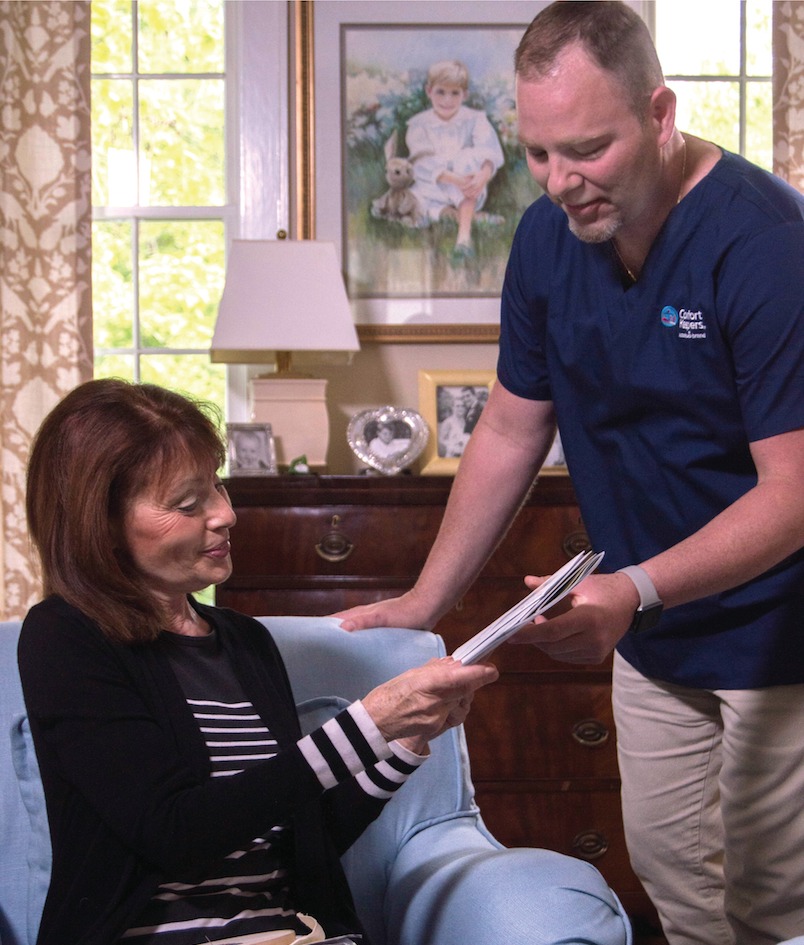Moving or Getting Care
 There comes a time in everyone’s life when a loved one can no longer can live on their own independently. Here are answers to a few common questions that we receive in regards to making the decision about moving or getting care for your aging loved one:
There comes a time in everyone’s life when a loved one can no longer can live on their own independently. Here are answers to a few common questions that we receive in regards to making the decision about moving or getting care for your aging loved one:
- When is the right time to move or to get care? By listening to what your loved one has to say, you can tell a lot about their feelings and their mental well-being. If they are talking about being lonely, not wanting to participate in life, or seems depressed, this is a clear indicator that you should get care is. Additionally, take note of their current living environment. If you notice unsafe hazards, such as stairs or clutter, it may be time to start the conversation about moving.
- What happens when adult children move their parents to be near them? This experience can be catastrophic if expectations have not been made clear beforehand. Before planning the move, talk about how much you will see each other, will you be taking them out, and what is your responsibility and time commitment. Remember that your loved one is giving up everything and their whole lifestyle is changing so it is important to patient and understanding.
- What can I do if my parents are adamant that they don’t need help?This is a decision that takes time, so make sure to start the conversation early and plan ahead. Finding a middle ground and compromise is important. If they will not move, could they agree to in-home care or participate virtually in doctor appointments? Remember that everyone values independence—no matter their age.
- What can I do to keep this from becoming a major source of conflict? By being proactive and transparent with all family members involved, everyone will remain on the same page. Hold yourself back and do not make them feel pressured. Although it may be urgent to you, this is a big change in your loved one’s life. Also, a major source of conflict we see is when adult children start to clear out their parents’ “stuff”—it’s important to them that you respect their belongings, even if you think it is “junk”.
Having the conversation about moving or getting in-home care can be difficult. Keep reminding yourself that by being proactive, you will not only provide safety for your family member, but will also keep them happy and healthy for years to come.









